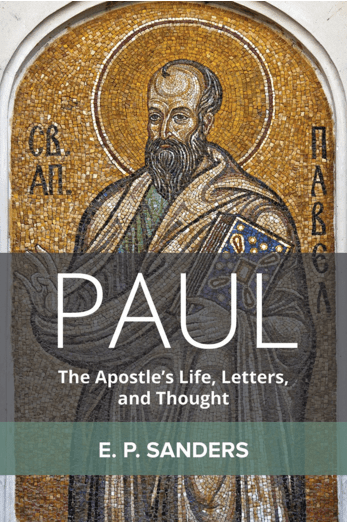The last major study in James Beilby and Paul Rhodes Eddy’s new book, Justification: Five Views, reveals why we need historians of theology, because Oliver Rafferty’s study of the history of justification that set the context for the Council of Trent, where the definitive rejection of the Lutheran view of justification was stated in bold letters, is just what we need. This chp also illustrates why we need New Testament historians who care less for later theology and more for the New Testament, which is why Jimmy Dunn’s final response says so much. [You may have already noticed the snazzy new buttons Patheos has installed on the blog; they make “sharing” easier. Thanks Patheos. And they help spread the word in these posts.]
 On Jan 13, 1547, the Council of Trent rejected Luther’s view, but that Council was the climax of centuries of discussion about justification. Until Augustine — don’t forget that — justification was not a big issue. In fact, prior to his encounter with Pelagius, Augustine’s view was not even Augustinian! Total depravity, the need for grace to awaken a person unto faith, and lack of freedom to believe … all these things developed in Augustine’s arguments with Pelagius. But don’t forget that Augustine saw justification as not only forensic but also transformative.
On Jan 13, 1547, the Council of Trent rejected Luther’s view, but that Council was the climax of centuries of discussion about justification. Until Augustine — don’t forget that — justification was not a big issue. In fact, prior to his encounter with Pelagius, Augustine’s view was not even Augustinian! Total depravity, the need for grace to awaken a person unto faith, and lack of freedom to believe … all these things developed in Augustine’s arguments with Pelagius. But don’t forget that Augustine saw justification as not only forensic but also transformative.
What is the difference between Catholics and Protestants on justification? do you think that debate creates a dichotomy the NT authors — e.g. Paul — would not recognize?
Again, not all that much debate about justification … esp the stronger elements of Augustine, until Luther. A big development was the connection of justification to baptism and to penance in medieval theologians. It wasn’t a big or central issue.
Trent repudiated Luther and sought to articulate justification in that context. The big issue is that Trent connects justification and sanctification, and humans had to cooperate with God.
A highlight of this book is a second Catholic statement, this one Gerald O’Collins’ (an Aussie) story of his own life and connection to justification debates. He doesn’t highlight anything new here but he does set his own studies in the context of all this debate.
I wish to highlight a few points in the responses:
Michael Horton irenically discusses issues with the two presentations; so does Michael Bird and neither of them is as sanguine about the Joint Declaration as many are today. So both see major issues still to be settled, and here Bird sounds more robustly Protestant at times.
Jimmy Dunn’s essay is the highlight for me for he says it well: the two Catholic studies don’t discuss Paul enough and therefore don’t get to the issues carefully enough. What’s more, the whole justification vs. sanctification debate is simply not Pauline. Anyone who reads 1 Cor 6:11 sees that Paul just does not use the later Lutheran and Calvinistic radicalized separation of terms: “And that is what some of you were. But you were washed, you were sanctified, you were justified in the name of the Lord Jesus Christ and by the Spirit of our God.” He gives other examples, but it illustrates that it is not just the new perspective that does NT history well but good exegesis of the NT uncovers later hardened, reified categories that need to be nuanced with the text on which they are supposed to be relying.











